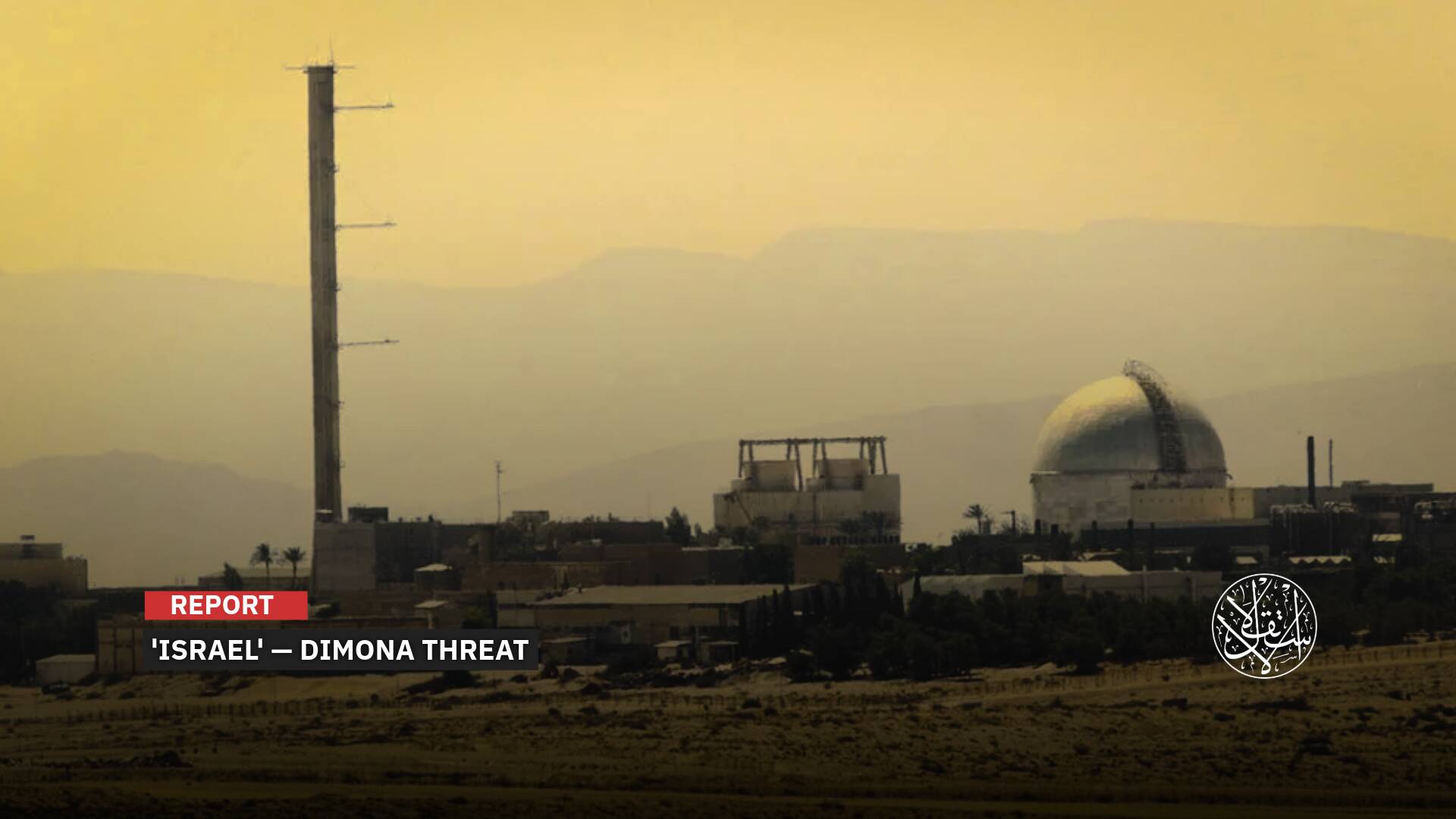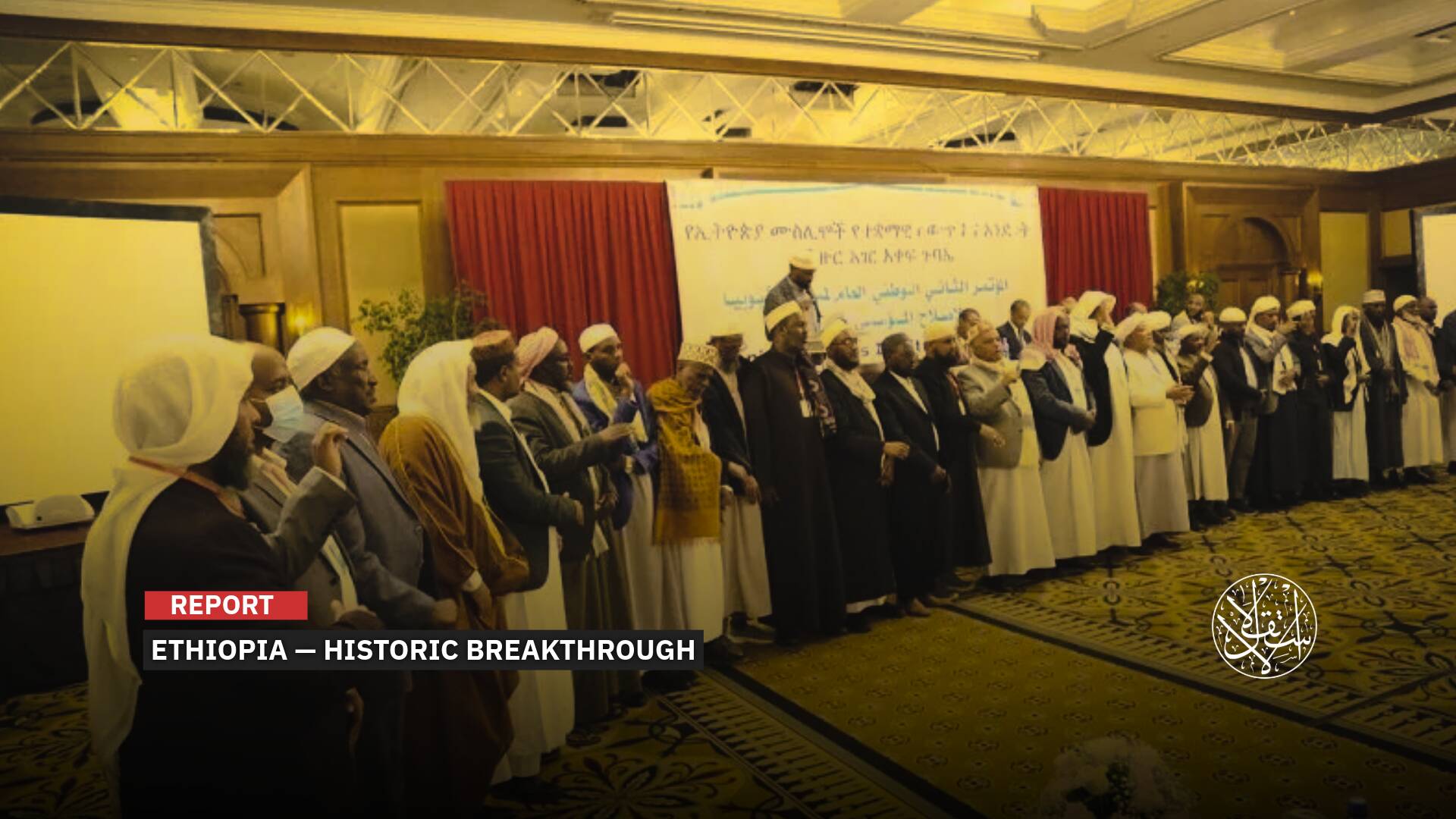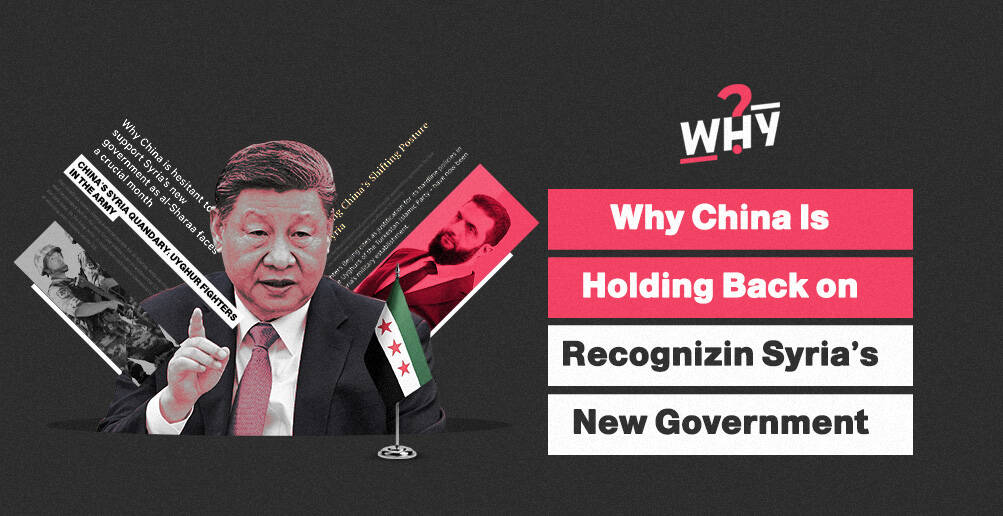Amazon in Egypt; Here Are the Beneficiaries and the Disadvantages
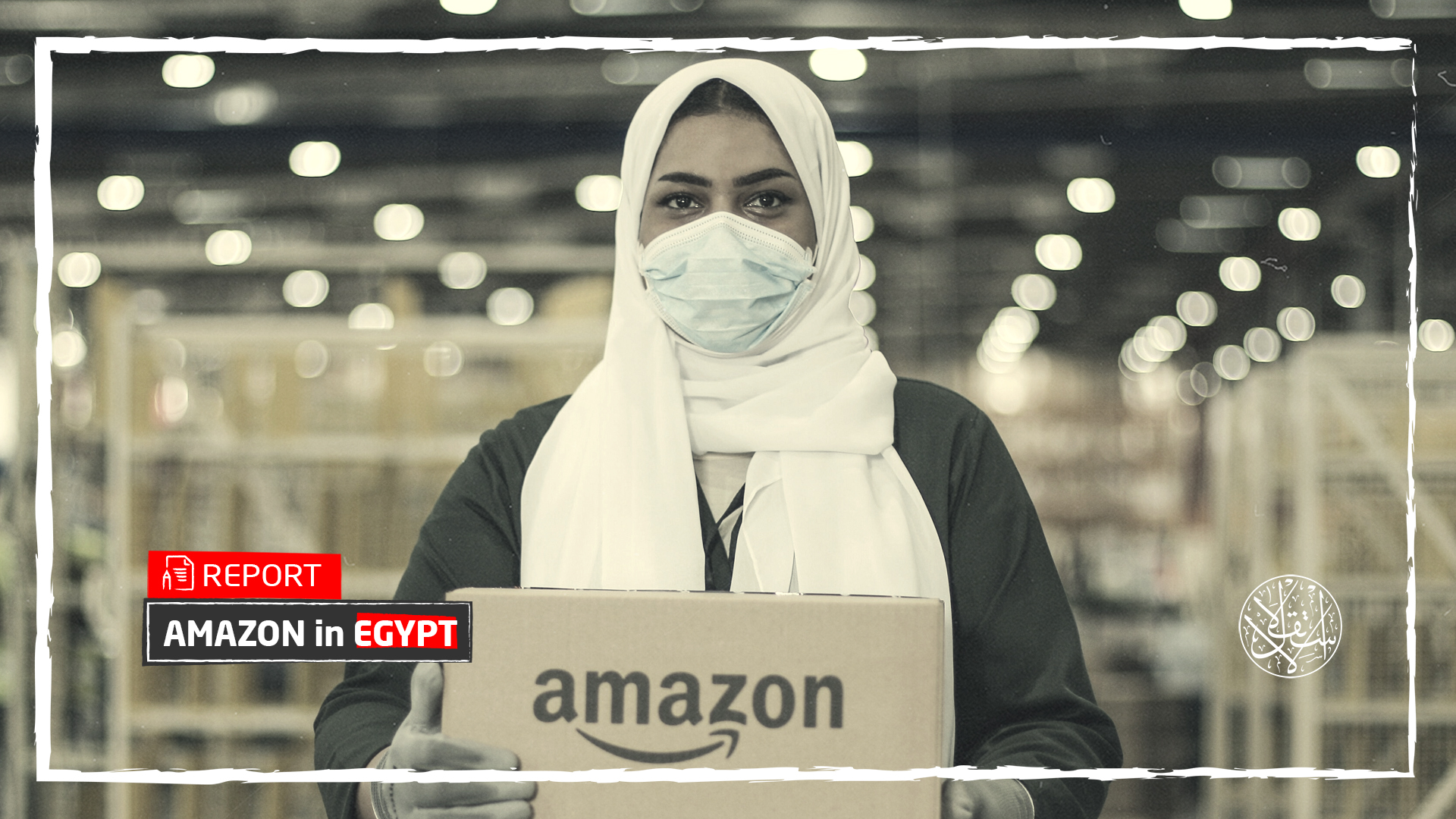
After UAE and Saudi Arabia, the largest online retailer in the world, Amazon, announced that it will enter the Egyptian market, becoming its third zone in the Middle East and the first in Africa.
Amazon is going through rebranding Souq.com to Amazon Egypt. “Today marks a proud day for Souq.com and Amazon, as we have been working towards it since the two companies came together [in 2017],” said Omar Elsahy, general manager of Souq.eg and now Amazon Egypt country manager.
“Amazon.eg brings together Souq.com’s local know-how and Amazon’s global expertise, something we believe will be of significant value to customers across Egypt,” he said.
Before the official relaunch by one day, Amazon announced that it will open 3000 job opportunities, and build a 28000 square meter logistics warehouse in the Sharqiya Governorate, which had already initiated its building.
Customers were generally optimistic about the big company entering Egypt. Ahmed Mady, an engineering student, told Al-Estiklal that “it’s a good step towards e-shopping that will help him a lot.”
“Many e-stores are basically thieves, they do not guarantee their products nor their clients, and surveillance in that field is minimal, amazon is open in these fields and its customer service and support will avoid those kinds of problems,” he told Al-Estiklal.

E-Market ‘Mess’
In August 2021, the daily governmental newspaper Al-Ahram published a report titled “E-commerce turns into chaos and robs shoppers with counterfeit goods. Anonymous entities sell ‘illusion’ online.”
Previously, intelligence-backed newspapers Sout Al-Omma and Al-Bawaba published reports addressing the same problem titled “E-commerce: Record sales and absent surveillance,” in 2019 and 2021 respectively.
These headlines reflect the Egyptian government’s view towards the e-market. Abd el-Monem al-Sayed, Director of Cairo center for political and economic studies, said that for the vast majority of e-commerce operators working outside the tax system.
“The citizen requests the product through the phone or through the Internet, and the delegate comes to him and pays the money directly to the representative of the company or brand without these amounts under tax control,” he said.
“Therefore most e-commerce activities are outside the system and do not pay taxes due to the state,” he concluded.
Fakhri al-Feqi, chairman of the Plan and Budget Committee of the House of Representatives, said that the new e-commerce law, which was prepared in cooperation between the Ministry of Commerce and Supply with the Ministry of Communications and Information Technology, currently awaits review and approval by the House of Representatives.
Al-Feqi indicates that the citizen must buy through famous brands, receiving an invoice containing the tax vat that reaches the Ministry of Finance during his electronic transactions, “to ensure that he informs the state about the purchase process and through which it is protected.”
In the same context, Ahmed Badawi, Chairman of the Communications, and Information Technology Committee of the House of Representatives, said that the e-commerce law is one of the most important laws to be decided during the first legislative session of the new council.
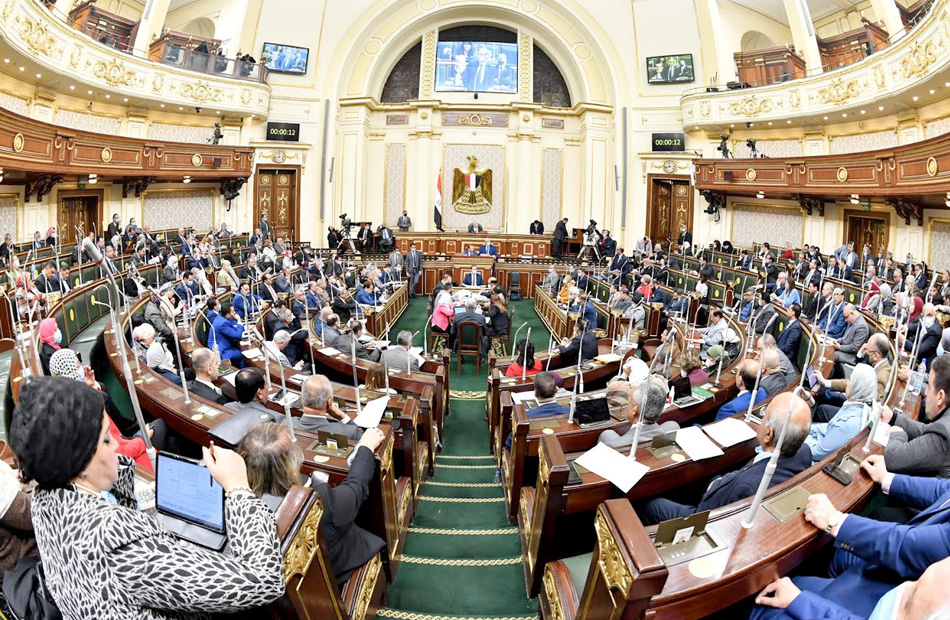
“The forthcoming legislation will also regulate Egypt's trend towards digital transformation in accordance with the president's assurances and is also complementary to the laws against cybercrime and personal data protection issued by the committee in the previous parliament,” he said.
Khaled Al Nashar, Vice President of the Financial Supervisory Authority, said that the Authority submitted a new draft law to the Council of Ministers, and it was approved under the name of the "Financial Technology Law".
“The law deals with financing through electronic platforms and regulates the use of financial technology in non-banking financial activities and contains 24 articles distributed in 4 chapters other than the articles of issuance”, he said.
Amazon Surveillance
Amazon has repeatedly been the target of criticism concerning the gathering of the users’ data to determine which products should it produce instead of the sellers.
The Washington Post published a report titled “Amazon Scooped Up Data From Its Own Sellers to Launch Competing Products,” and another one titled “Amazon Met With Startups About Investing, Then Launched Competing Products.”
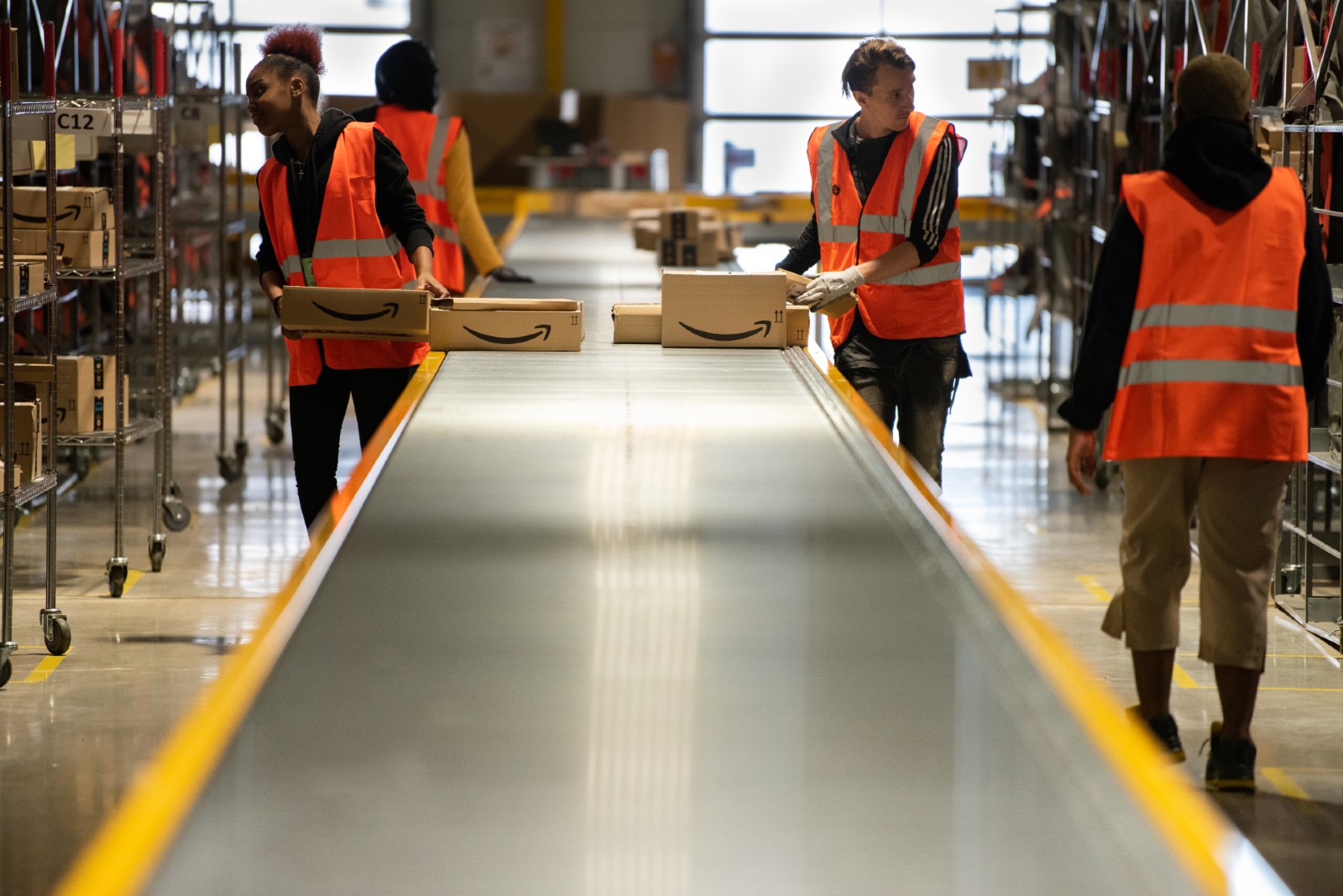
One of the most notable critiques was that of the Congress, when Jeff Bezos, CEO of Amazon, was interrogated by the congress in July 2020. This came after a long investigation that lasted 16 months.
In the hearing, Bezos was faced with accusations of monopolization, although Amazon offers small businesses.
Congresswoman Pramila Jayapal explained the workflow of Amazon’s “stealing” of its sellers’ ideas. A small business would go to Amazon to help it market and sell the product online, and if the product sells in a good way, Amazon’s AI algorithms will discover this success.
Immediately, Amazon will use its huge financial budget to produce and sell these products by itself at a lower price, thus leading to the collapse of the start-up, because no small company can compete with Amazon, the congresswoman clarified.
This is what happened with Diapers.com, a website dedicated for selling diapers and baby-related products. When amazon gathered information about this independent seller, it quickly launched a “mother’s section” with huge discounts.
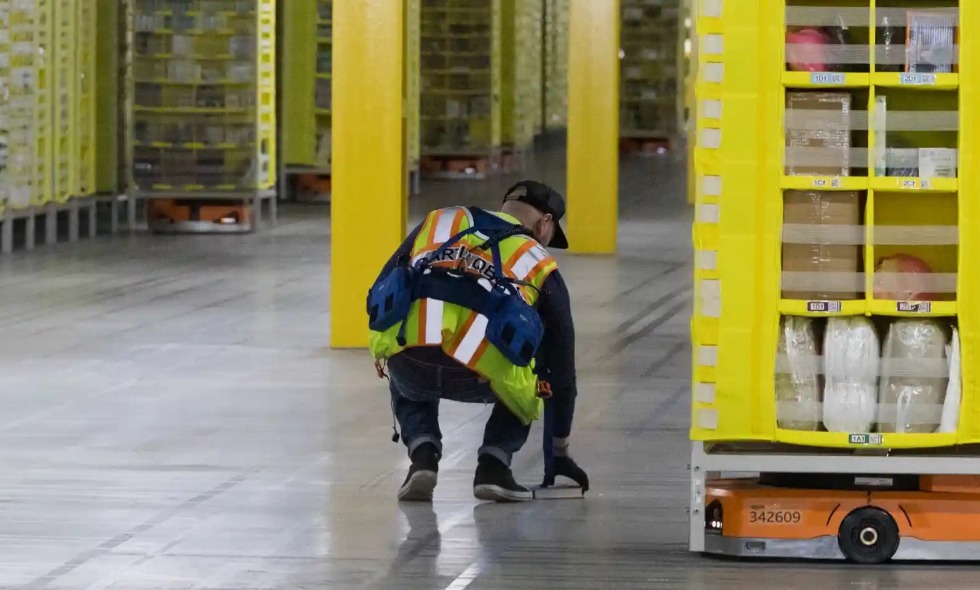
This led to forcing Diapers.com to sell itself to amazon, the discounts were stopped and the mothers’ section was closed. Jeff Bezos did not deny this incident at the Congressional hearing.
With Amazon’s big money, data collection and information gathering, the Egyptian government and the shareholders will be the beneficiaries of the new Amazon launch in Egypt. The E-market will be monitored and controlled, at the expense of bankrupting hundreds of startups and businesses.
Workers’ Exploitation
Another damaged sector that will suffer from Amazon’s Entrance in Egypt is the workers in Amazon’s warehouses and services.
The British organization “Organise” issued a report on the status of workers in some Amazon distribution centers in Britain. The report covers 2017 and 2018 and reviews the views of 241 UK Amazon workers.
The report begins with a revealing summary: "Stories came to light of forced standing through 10-hour shifts, timed bathroom breaks and abusive management at Amazon. But the thing that came up again and again was the impact of high (and ever increasing) targets. Unreasonable targets meant that people are constantly working in fear with the threat of being fired if they fell behind.”
@etheconstiftung honors @JeffBezos with the #DeadPlanetAward on the day of the shareholder meeting. The award ceremony is currently taking place in front of the Amazon Europe HQ in Luxembourg - in the absence of the winner. ️ #makeamazonpay pic.twitter.com/9OInO44YgY
— Amazon Workers International (@AmazonWorkersIn) May 26, 2021
The report says that 74% of participants avoid using bathrooms for fear of wasting time and thus not achieving the daily goal of work.
55% of employees have suffered from depression since working at Amazon. 57% have been ‘a lot more anxious’ since starting as an Amazon employee. 55% added to their warning points for illness or pregnancy. 81% will not apply to work again in the world's largest store.
Amazon stores use a points system as punishment for any failure to achieve the goal or workflow, points are also an alert to the worker, and after reaching a number of points or warnings the worker is fired.
55% of the report participants admitted that they had received points due to illness or pregnancy, or because they could not achieve the goal after it was suddenly increased by up to 200% sometimes due to a discount season so that their usual work became disproportionate to the new target.
In the US, the situation is not much better, although amazon employs more than a million people, their working conditions were investigated by the Center for Investigative Reporting.
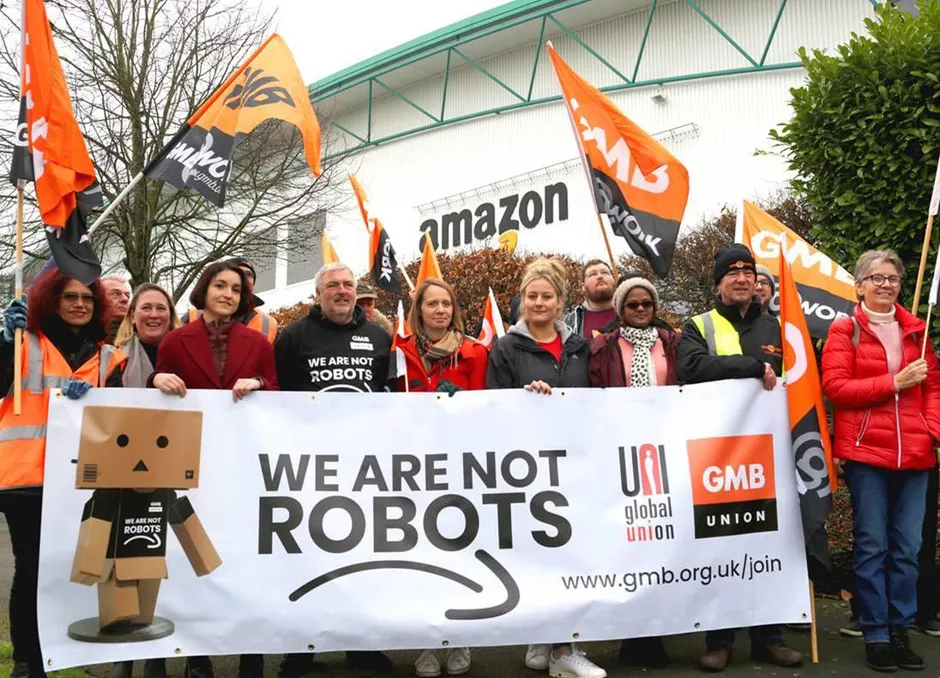
The Center said that the workers in Amazon’s warehouses suffer an injury rate twice as high as workers outside Amazon, and when some Amazon workers disclosed the company's difficult working conditions, they were fired.
However, Amazon boasts that it pays its workers at least $15 an hour, equivalent to about $30,000 a year, an amount that barely helps an American family manage their living. It’s the same amount activists are demanding for to become the minimum wage (15 Dollars per hour).
There have been no clear regulations and working conditions yet in Amazon Egypt, but if this was the work environment in Britain and the US, what would its counterpart in Egypt look like?




